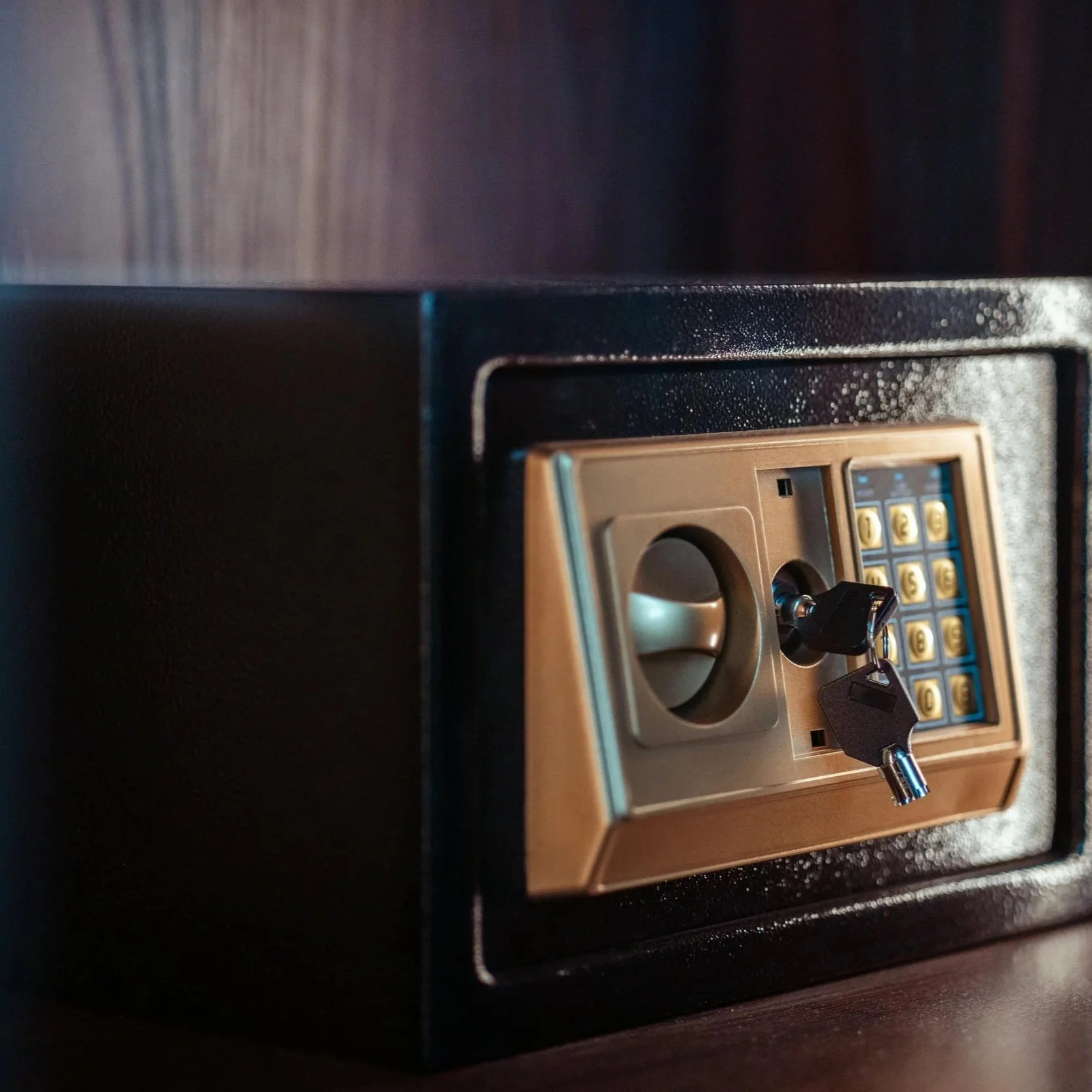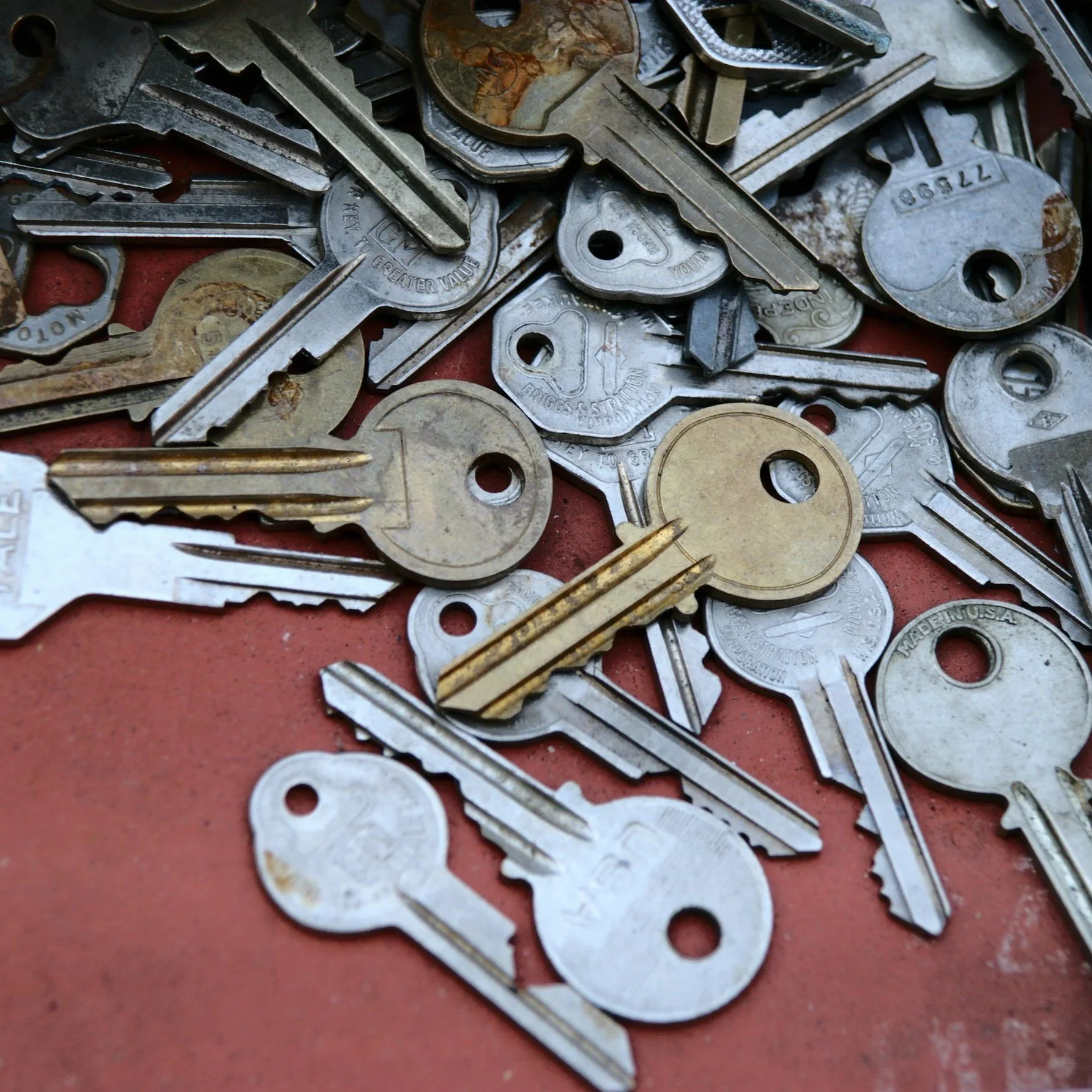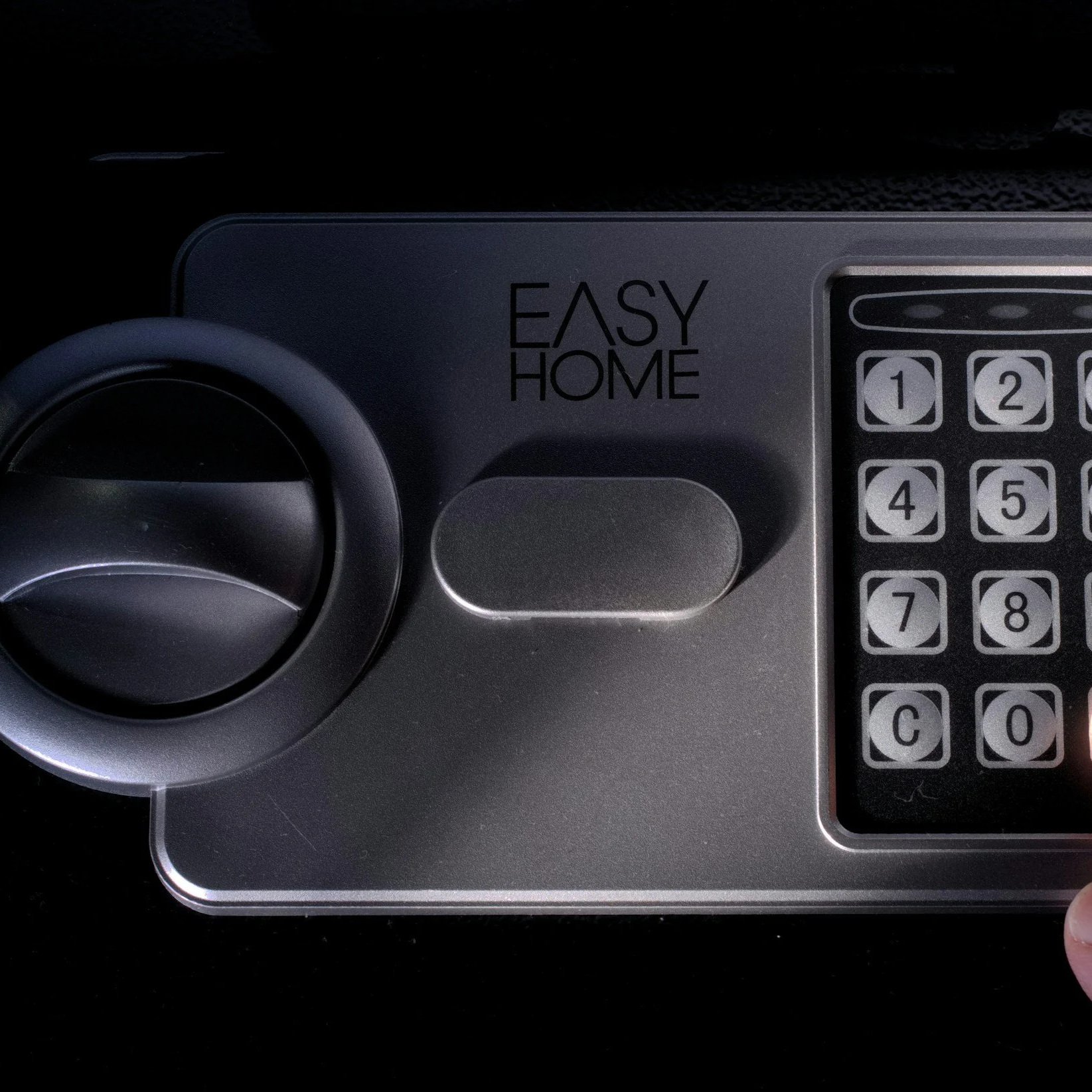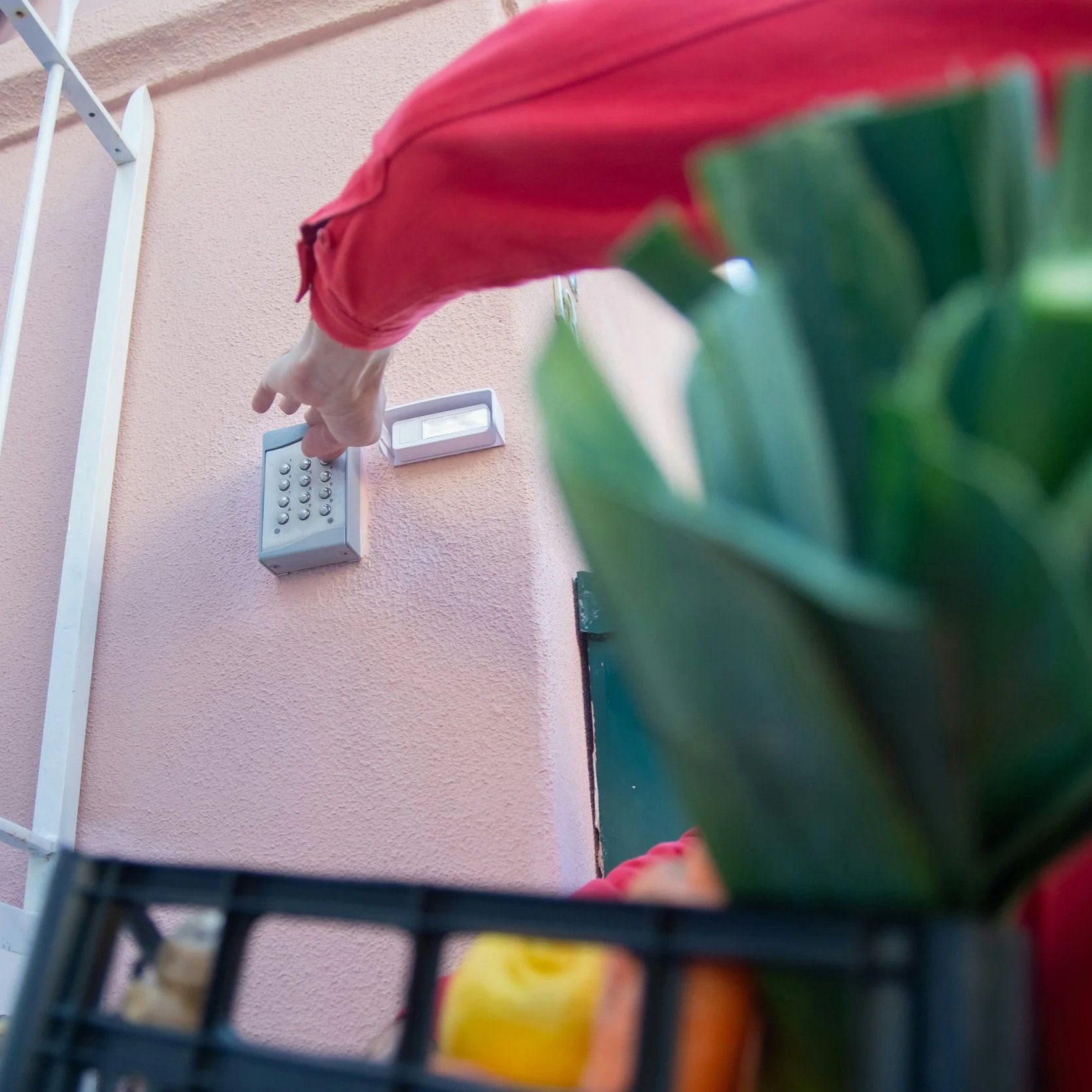Our Blog
The Difference a High-Security Lock System Made for a Local Business
For one local business, a routine decision to upgrade their security with a high-security lock system turned out to be a game-changer, saving both time and resources while giving them peace of mind.
How Safe Manufacturers Rate Fireproofing and Why Not All Safes Are Created Equal
While many safes claim to be fireproof, the level of protection they offer can vary dramatically.
How a Key Duplication Service Makes Life More Convenient for Families
A key duplication service can save time, reduce stress, and bring peace of mind to any family's day-to-day routine.
Avoiding Lockouts During the Coldest Months With Preventive Maintenance
Professional preventative maintenance helps reduce those risks, keeping locks dependable even when the temperatures drop.
The Evolution of Commercial Locksmith Technology for High-Security Facilities
Today, security systems are more sophisticated, offering businesses a better level of protection against theft, unauthorized access, and various other security threats.
How a Homeowner Recovered Stolen Jewelry Thanks to a Secure Residential Safe
From alarm systems to surveillance cameras, everyone wants to feel safe in their own home.
How Upgrading to a Keyless Entry System Prevents Unwanted Access
Keyless entry systems are becoming a more popular solution for both homeowners and business owners who want to upgrade their security.
Preparing Locks and Security Systems for Winter Weather Conditions
Ice, snow, and freezing rain can interfere with functionality, leaving doors difficult to unlock or security devices sluggish.
How to Spot the Warning Signs of a Failing Lock Before It Becomes a Problem
Over time, locks can start to show signs of wear, and if not caught early, they can cause major security headaches down the road.
Securing a Business Before the Holiday Rush With Commercial Locksmith Services
Theft, vandalism, unauthorized access, and lost keys are all risks that climb alongside holiday cheer.
The Convenience of a 24-Hour Locksmith for Busy Professionals
Fortunately, 24-hour locksmith services offer the ultimate convenience, turning stressful situations into quick fixes, no matter the time of day.
Upgrading A Home’s Locks To Match A Modern Or Vintage Aesthetic
Choosing the right lock is about striking that sweet spot between style and security.
How U-Haul Rentals Support Small Businesses and Local Movers
For many, a reliable moving vehicle is essential to making the transition as smooth as possible.
Locked Gas Cap Won’t Budge Locksmith Tricks That Work In Seconds
A locked gas cap was a great idea in theory. It keeps the tank secure, deters tampering, and gives the driver peace of mind—until the key stops working or the mechanism refuses to cooperate.
Residential Safe Locked Shut This Local Locksmith Knows The Fix
When a residential safe is locked shut, a local locksmith becomes the quiet hero of the day.
Car Lockout Help In Minutes for Drivers Who Don’t Have Time to Wait
For drivers in a rush, calling a fast, mobile locksmith can make the difference between a minor delay and a full-on meltdown.
Smart Locks vs. Traditional Locks: Which One Provides Better Security?
When it comes to securing a home or business, the type of lock chosen can make all the difference.
Locked Out In The Heat: A Car Locksmith In Sun City Who Shows Up Fast
Summer in Sun City doesn’t play around. By mid-morning, the pavement could fry an egg, and the steering wheel requires a potholder.
How Technology Is Changing the Locksmith Industry
Technology is changing how locksmiths work, the services they offer, and how customers connect with them.
Preventing Vehicle Lockouts with Simple Daily Habits
Vehicle lockouts can feel like the ultimate inconvenience, throwing off an entire day and becoming stranded in an unexpected situation.




















